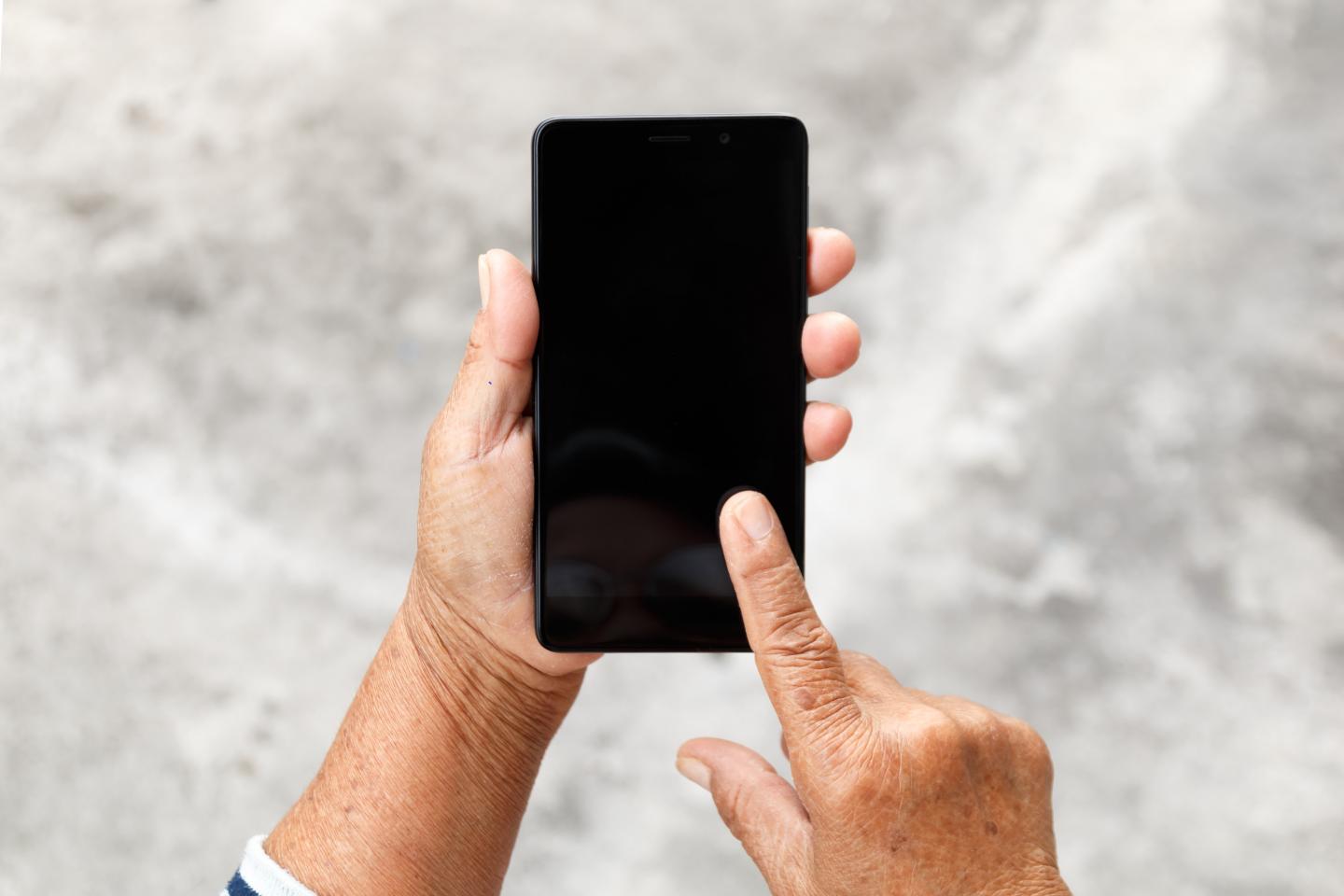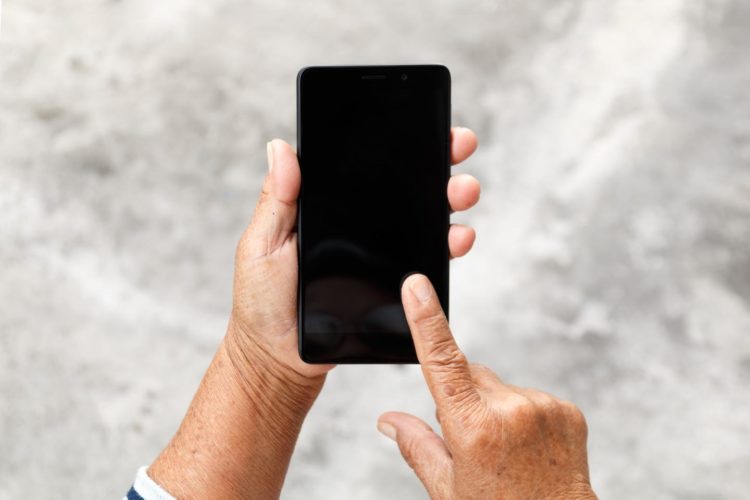Project is focused on improved quality of life for senior citizens

Credit: Rensselaer
TROY, N.Y. — The rise of continuous blood glucose monitor and insulin pump technologies has lessened the intricate task of monitoring and regulating blood glucose levels for people with diabetes, but improvements to these devices could still significantly improve lives.
Researchers at Rensselaer Polytechnic Institute have been working on two fronts to perfect those technologies: they are developing algorithms to create a closed-loop system that can effectively operate similar to a healthy pancreas, and they are working to make that system more accessible and understandable for users with diabetes.
A new project funded by JDRF, the leading global organization funding Type 1 diabetes research, will support the creation of a smart phone app to help manage these life-saving devices, specifically with the senior citizen population in mind. The research will be led by Wayne Bequette, professor of chemical and biological engineering at Rensselaer, who is also a member of the Center for Biotechnology and Interdisciplinary Studies.
In the beginning of the project, Bequette said, he and his team will work with focus groups, led by the Barbara Davis Center for Diabetes, to determine which types of designs, or interfaces, may be most helpful to this population — understanding that one approach may not work for everyone.
The team will take into account things like visual set-up, font size, how many and what types of alerts will be given, and the user’s experience and comfort with technology. The team will also consider how this information may need to be shared with a caregiver if the patient requires assistance.
“The question is: How are you going to present a device to them that’s very easy to use and will still regulate blood glucose levels,” Bequette said. “One outcome might be that we need flexibility for having a couple of different interfaces.”
The Rensselaer team will build off of previous algorithms it has designed to evaluate the measurements being taken by the blood glucose monitoring device, determine if insulin needs to be administered and how much, and then control delivery of that hormone. The closed-loop system that these algorithms create will need to be adjusted based on the population.
For example, Bequette said, a person with diabetes who is 12 years old may be active in a very different way than someone who is 85 years old. Additionally, the younger the patient, the longer they will need to ward off complications associated with high blood glucose like retina disease, vascular complications, and diabetic wounds. Therefore, keeping their blood sugar as low as possible is the main goal.
The older a patient is, Bequette said, the concerns may shift to making sure blood sugar doesn’t dip too low in order to prevent fainting and falling.
“We have to think about what the objectives are in controlling blood glucose and that’s going to be different for the older population,” he said.
In the second and third years of this project, the Rensselaer researchers will work with teams from Mount Sinai and the Barbara Davis Center on clinical trials to test these algorithms and the application interface. Pairing senior citizens with this type of technology, Bequette said, hasn’t often been done, but could vastly improve quality of life.
“If you try to look for the literature of an older population even wearing the sensors at all, you don’t find many studies,” Bequette said.
Depending on the person’s age and health, this closed-loop technology could enable sustained independence.
“If you can have this self-sustaining, closed-loop technology, then the caregiver is not having to constantly say, ‘Did you check your blood glucose today? Did you change your insulin pump?'” Bequette said. “A large percentage of the population right now is not even on insulin pumps, so therefore, caregivers are having to do quite a bit with the older population.”
###
About JDRF
JDRF is the leading global organization funding type 1 diabetes (T1D) research. Our mission is to accelerate life-changing breakthroughs to cure, prevent and treat T1D and its complications. To accomplish this, JDRF has invested more than $2.2 billion in research funding since our inception. We are an organization built on a grassroots model of people connecting in their local communities, collaborating regionally for efficiency and broader fundraising impact, and uniting on a national stage to pool resources, passion, and energy. We collaborate with academic institutions, policymakers, and corporate and industry partners to develop and deliver a pipeline of innovative therapies to people living with T1D. Our staff and volunteers throughout the United States and our six international affiliates are dedicated to advocacy, community engagement and our vision of a world without T1D. For more information, please visit jdrf.org or follow us on Twitter: @JDRF
About Rensselaer Polytechnic Institute
Founded in 1824, Rensselaer Polytechnic Institute is America’s first technological research university. Rensselaer encompasses five schools, 32 research centers, more than 145 academic programs, and a dynamic community made up of more than 7,900 students and over 100,000 living alumni. Rensselaer faculty and alumni include more than 145 National Academy members, six members of the National Inventors Hall of Fame, six National Medal of Technology winners, five National Medal of Science winners, and a Nobel Prize winner in Physics. With nearly 200 years of experience advancing scientific and technological knowledge, Rensselaer remains focused on addressing global challenges with a spirit of ingenuity and collaboration. To learn more, please visit http://www.
Media Contact
Reeve Hamilton
[email protected]
Original Source
https:/





